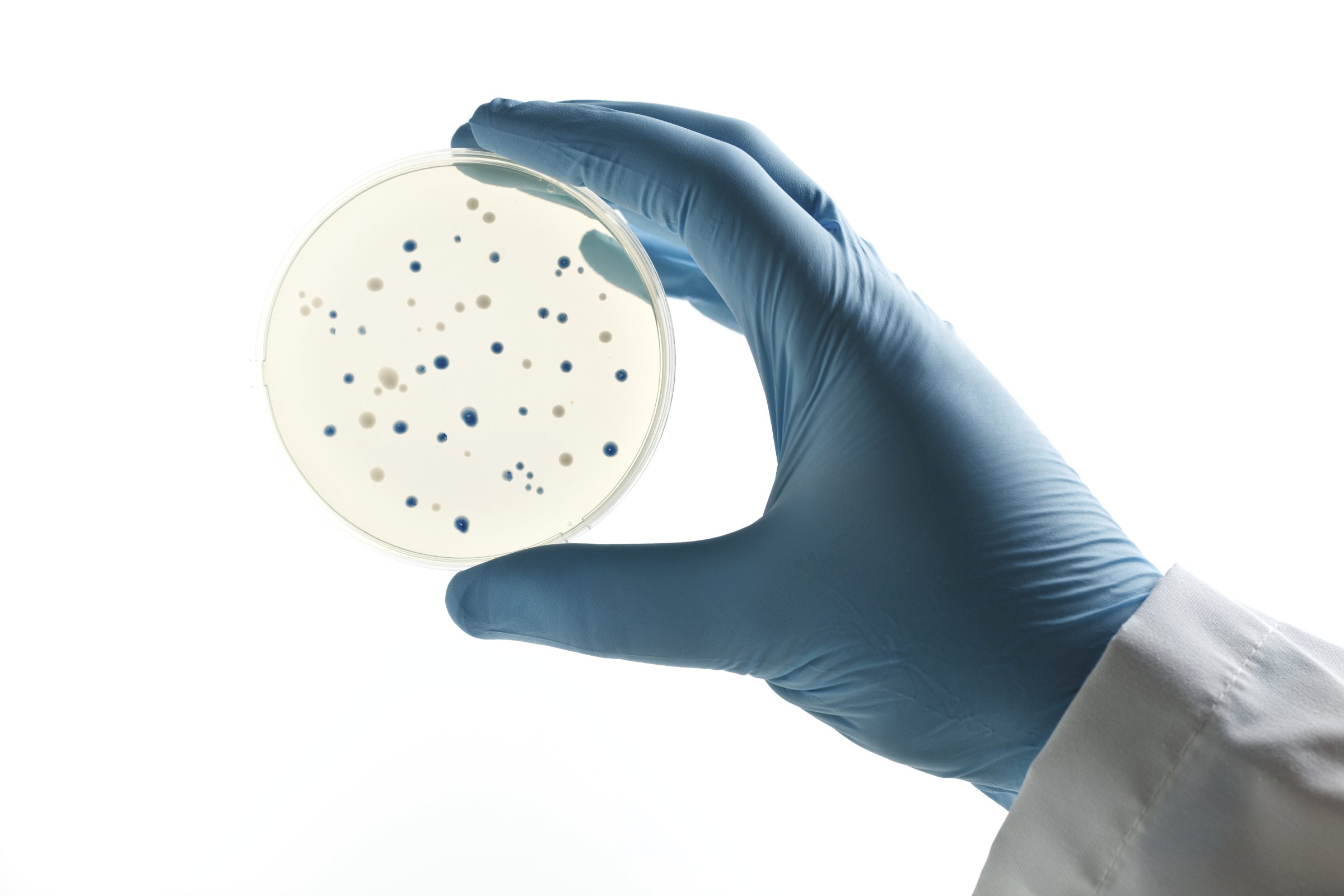
Scientists have known for a long time that there’s no better drug-maker than nature. A third of our medicines come from plants and microbes so it’s not such a surprise that the millions of bacteria that inhabit our gut, mouths, nose, skin and reproductive tracts—called our microbiome—might be an untapped resource for new drugs. That’s what Michael Fischbach, an assistant professor in the department of bioengineering at the University of California, San Francisco, was counting on, and, he reports in the journal Cell, he was right.
He and his team analyzed the genomes of microbes living in various parts of the human body, and using an algorithm they developed called ClusterFinder, they found 3,118 groups of genes that churned out drug-like molecules. This suggests that these groups of genes could be a rich trove of potentially new drugs or other important compounds that keep our bodies healthy. “When the results of the search came back, it was a eureka moment,” he says. “It was a big surprise to us, because in retrospect the human microbiome was one place we hadn’t thought to look,” he says of the results.
MORE: The Good Bugs: How the Germs in Your Body Keep You Health
Not satisfied with simply identifying the bacteria that make these small molecules, Fischbach also wanted to see if any of them were making drugs that could prove useful in treating human disease. And indeed, he found that some made antibiotics that mimiced those developed by pharmaceutical companies and are already on the market. To see how effective a human microbiome-based antibiotic might be, he isolated one of these gene products from the vaginal microbiome of a Texas woman.
Dubbed lactocillin, it turned out to be a strong antibiotic against some familiar infections, including Staphylococcus aureus and Enterococcus faecalis, but not against E. coli. In fact, a compound similar to lactocillin is being developed by Novartis as a new member of the antibiotic class.
The results were so robust, says Fischbach, that “we completely changed what we are working on. We stopped working on soil bacteria and started working on gut, skin and oral bacteria.” While he doesn’t expect that most of the genes will yield antibiotics, he is confident that they will produce other critically important compounds that are important in regulating our immune systems, for example, and in keeping our metabolism—the way we burn calories and store fat—in check. Those compounds may explain some of the other intriguing things scientists are learning about the microbiome: that the community of bacteria in the guts of normal weight people differ from those of obese individuals, for example, and that different bacterial communities might be responsible for everything from cancer to allergies and asthma.
That’s why he’s eager to move on to the next steps, triaging the thousands of genes he’s identified to tease out those that make drug-like molecules, and then systematically figuring out what those molecule do. That will lead to a better understanding of how we might be able to exploit them—either by making the same molecules in a lab or transplanting the right communities of bacteria to the gut or other places and putting the microbes to work for us.
More Must-Reads from TIME
- Cybersecurity Experts Are Sounding the Alarm on DOGE
- Meet the 2025 Women of the Year
- The Harsh Truth About Disability Inclusion
- Why Do More Young Adults Have Cancer?
- Colman Domingo Leads With Radical Love
- How to Get Better at Doing Things Alone
- Michelle Zauner Stares Down the Darkness
Contact us at letters@time.com